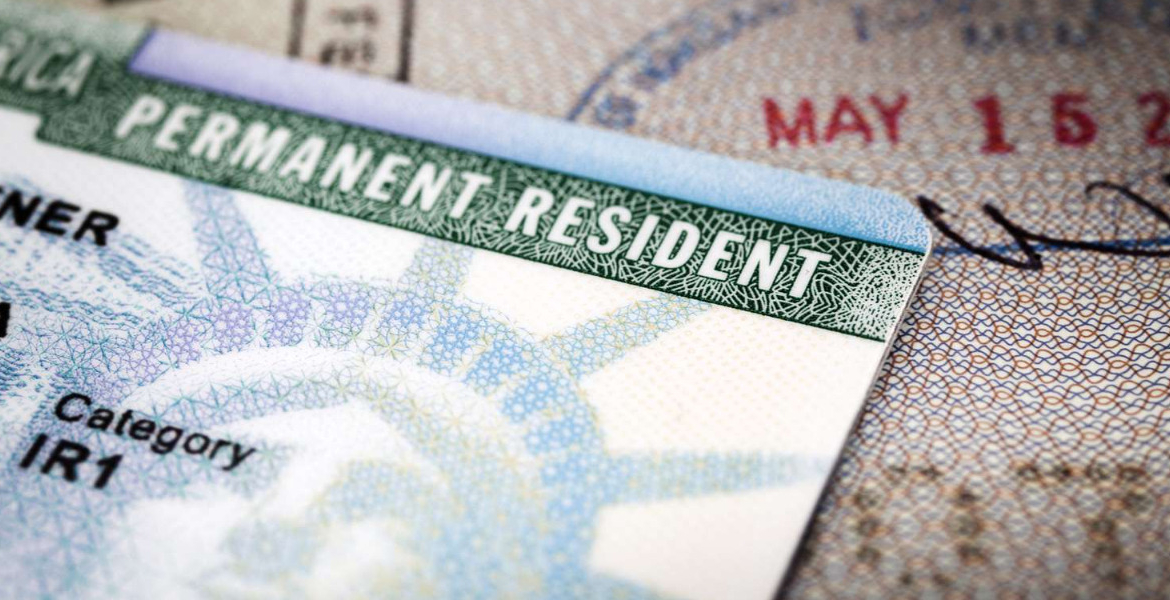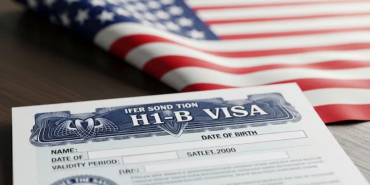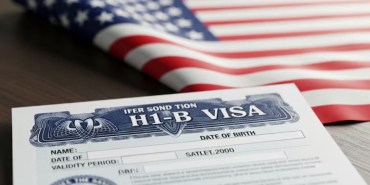Can the US Government Revoke Your Green Card Years After Issuance?

A recent legal argument from the US Department of Justice (DOJ) has ignited fears within immigrant communities, particularly among long-term residents holding green cards.
The DOJ contends that the Attorney General possesses the authority to revoke lawful permanent residency, commonly known as a green card, at any point in time, even decades after its initial issuance. This interpretation challenges the conventional understanding of green cards as a secure and enduring status, potentially impacting thousands who have built their lives in the US. The DOJ's position came to light during legal proceedings involving New Jersey-based Imam Mohammad Qatanani, whose residency status has been under scrutiny due to allegations of undisclosed prior detention and supposed connections to a banned organisation.
While Qatanani has consistently denied these claims and initially prevailed in his legal battle, the case has cast a shadow of uncertainty over the permanence of green cards. Palestinian-born Qatanani first arrived in the United States in 1996 and subsequently applied for permanent residency in 1999. His application was denied in 2006 based on allegations of a prior detention by Israeli forces in 1993 and purported links to Hamas. Despite the absence of concrete evidence, these suspicions triggered a prolonged legal dispute over his right to remain in the country.
An immigration judge ruled in Qatanani's favour in 2008, granting him lawful permanent residency. However, the Board of Immigration Appeals overturned this decision, citing procedural errors, including incomplete biometric data and a lack of final confirmation of visa issuance. This reversal has raised broader concerns about the government's ability to retroactively review and potentially revoke a green card based on administrative technicalities.
During a recent hearing, DOJ attorney Lindsay Murphy asserted that the Attorney General retains the discretion to rescind green cards at any time if procedural requirements were not fully met. Murphy further clarified that revocation could still occur even decades after the initial approval, reinforcing the idea that permanent residency is not necessarily an inviolable status.
This interpretation challenges the prevailing perception of lawful permanent residency as a stable and enduring designation. The DOJ's stance suggests that if administrative flaws surface, regardless of how minor or how much time has elapsed, the government could still pursue revocation. Legal analysts have warned that such a precedent could erode confidence in the immigration system and disrupt the lives of countless long-time residents.
Attorney David Isaacson, representing Qatanani, has challenged the government's position, arguing that it failed to appeal his client's initial favourable ruling within the designated timeframe. He contends that the government missed its opportunity to contest Qatanani's residency and should not be allowed to reopen the case years later. Stephen Yale-Loehr, an immigration law professor at Cornell University, has echoed concerns about the ramifications of indefinite legal scrutiny.
He noted that while green card holders may lose their status due to fraud, criminal activity, or security risks, allowing revocation based on procedural oversights establishes a troubling precedent. Yale-Loehr cautioned that the DOJ's position could destabilise lawful permanent residency and create perpetual uncertainty for immigrants. Amelia Wilson, an immigration law expert at Pace University’s Elisabeth Haub School of Law, has emphasised the legal safeguards currently in place. She clarified that federal law requires a formal legal process, including a notice of intent and a hearing, before revocation can occur.
Wilson explains that the government bears the burden of proving its case with clear and convincing evidence. Historically, green cards could be revoked under specific conditions, including misrepresentation or fraud during the application process, engagement in criminal activity, ties to banned organisations, and violations of immigration laws. However, the government's recent argument introduces a concerning element: the absence of a fixed time limit for reevaluating green card eligibility based on administrative errors.
This shift poses several risks for permanent residents, particularly Indian nationals and other immigrant communities who have long believed that their green cards guarantee stability. If upheld, the DOJ's stance could make individuals vulnerable to unexpected legal challenges, even after decades of lawful presence. The lack of a statute of limitations for green card reviews raises further concerns about prolonged uncertainty in residency status. Legal experts advise green card holders to proactively review their immigration records, ensuring that all procedural requirements were correctly followed to avoid potential complications.
This latest development underscores the evolving and often unpredictable nature of US immigration law. Over the years, shifts in policy, such as stricter enforcement of the Public Charge Rule and increased scrutiny of H-1B visas, have demonstrated how quickly the regulatory landscape can change. The US immigration system appears to be increasingly reliant on retrospective evaluation, placing even long-standing residents at risk of reexamination. While green card holders enjoy many rights similar to US citizens, they remain subject to legal interpretations that could significantly alter their status in the future.








Add new comment